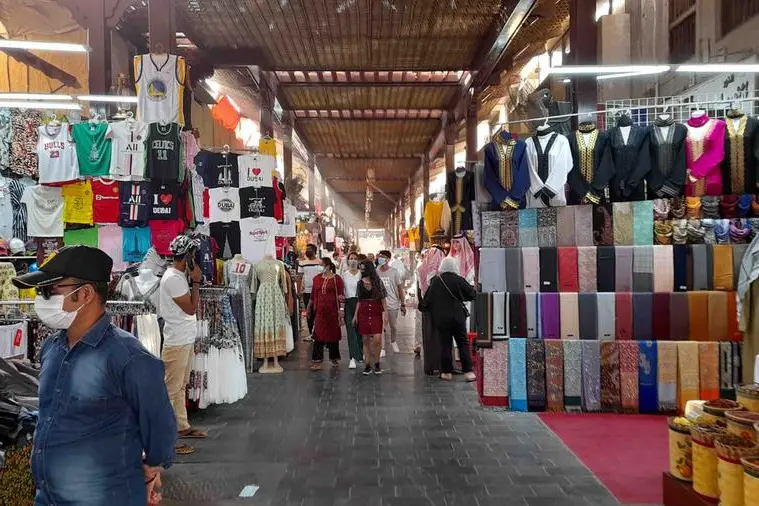PHOTO
While higher oil revenues and the government’s agile leadership and response to economic severities have allowed businesses in the UAE to withstand financial shocks, outperforming many of their global peers, the country’s mid-market firms are however not invulnerable to external market challenges, Mashreq Bank noted in its latest report.
Macroeconomic challenges including inflation, rising interest rates and supply chain delays are impacting already thin profit margins.
“The fact of the matter is that there are headwinds. We cannot deny or ignore this,” said Hind Eisa Salim, Executive Vice President and Head of Services and Manufacturing at Mashreq Bank, in the report titled "Growth Outlook Subject to Economic Uncertainties".
“Businesses in the UAE are blessed by the swift measures taken by the authorities since the Covid-19 pandemic. But the UAE’s economy and its source markets are global, and external issues will ultimately affect businesses,” she added.
Uncertainties over raw materials
The bank noted that uncertainty continues to surround the sourcing of raw materials from China. The nation’s zero-Covid policy and resulting lockdowns have stifled economy activity, with effects reverberating across global supply chains.
“It’s hard to predict how the Chinese market will shape up in the coming year – will they take more aggressive action and limit their exports? We cannot say for sure,” said Hind Eisa.
Moreover, industries around the world continue to be buffeted by volatile conditions. Pandemic-induced supply chain issues persist, while rising interest rates, container and fuel costs, and high commodity prices on the back of the Russia-Ukraine war are exerting downward pressure.
Mid-market firms are also beginning to feel the pinch of cost pressures, with rising overheads on materials, freight charges and manpower further straining budgets.
Meanwhile, price fluctuations and the scarcer availability of raw materials have made it difficult to accurately forecast profitability and demand, not to mention the uncertainty regarding capital expenditure.
The issue is compounded due to the thin margins mid-market firms operate on and the fact that they cannot easily pass on the additional costs to their customers, said Hind Eisa.
“These players lack the capital resources of larger firms, or the economic support offered to smaller businesses, because they sit somewhere in the middle of the spectrum. Their margins are already tight – and now with the rising costs, they are struggling,” she said.
Nevertheless, the overall economic outlook for the GCC remains positive, the Bank noted. The World Bank projects the region’s economies to grow 6.9% in 2022 before moderating to 3.7% and 2.4% in 2023 and 2024 respectively.
For the UAE, the International Monetary Fund (IMF) forecasts GDP growth to reach 5.1% in 2022. This compares favourably with a projected global growth average rate of 3.2%.
The growth forecast is, however, caveated by geopolitical risks such as the Russia-Ukraine war and China’s zero-Covid policy.
(Writing by Sunil S; Editing by Brinda Darasha)





















